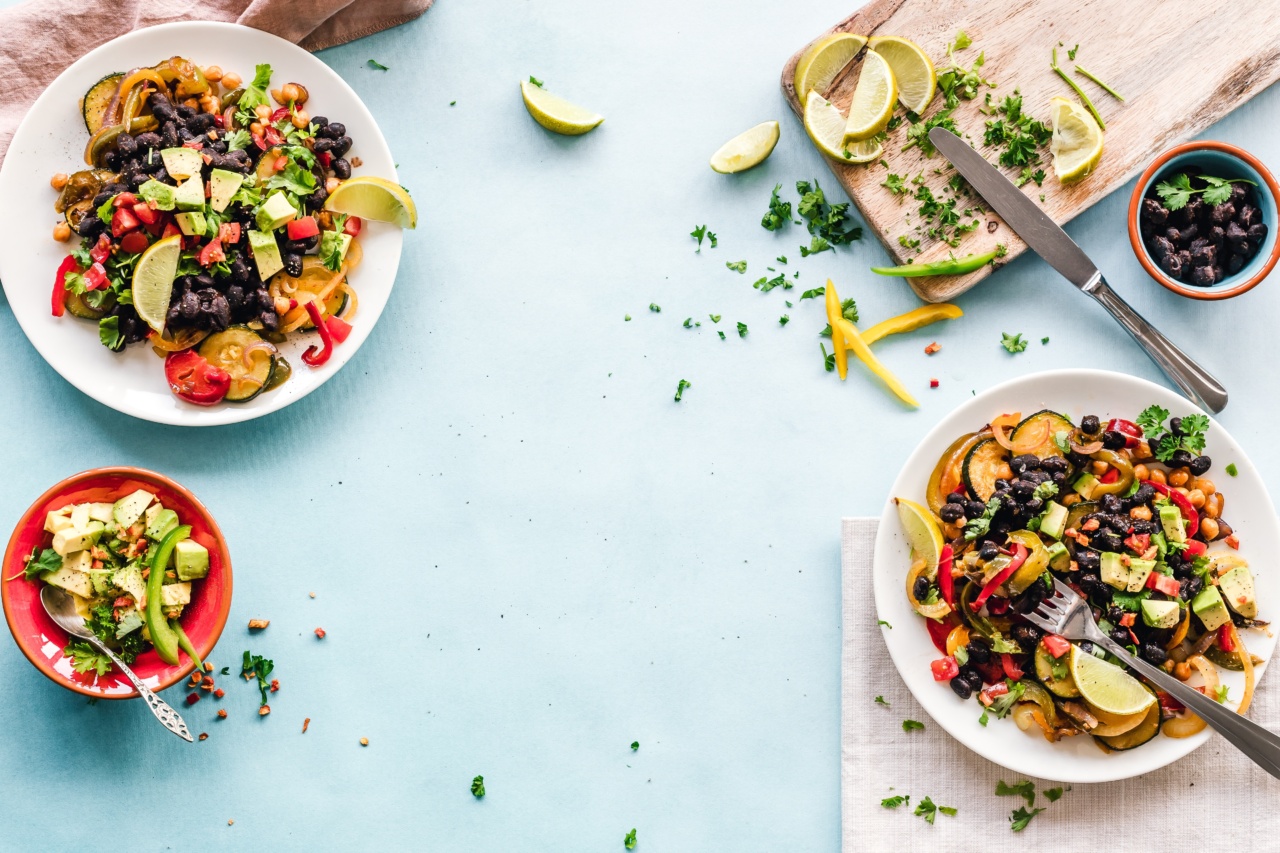Pregnancy is a time of immense joy and anticipation for expectant mothers. It is also a crucial period for ensuring the health and well-being of both the mother and the growing baby.
Many women choose to follow specific diets to support their overall health, but when it comes to being a vegetarian during pregnancy, there can be some drawbacks and challenges. While a vegetarian diet can offer numerous health benefits, it requires careful planning and consideration during pregnancy.
1. Nutrient Deficiencies
One of the primary concerns for vegetarian women during pregnancy is the risk of nutrient deficiencies. Animal products are the main sources of certain nutrients like vitamin B12, iron, and omega-3 fatty acids.
Vegetarian women may struggle to obtain these essential nutrients solely from plant-based sources. Vitamin B12 deficiency, for example, can lead to anemia, impaired brain development, and neurological problems in the baby.
2. Lower Iron Levels
Iron is a vital mineral during pregnancy as it is responsible for producing red blood cells and delivering oxygen to the baby.
While plant-based foods such as lentils, spinach, and tofu do contain iron, it is important to note that the body absorbs iron from plant sources less efficiently compared to animal sources. Consequently, vegetarian women are at a higher risk of developing iron-deficiency anemia, which can lead to fatigue, weakness, and even premature birth.
3. Inadequate Protein Intake
Protein is a building block for fetal growth and development. Vegetarian women must be mindful of consuming sufficient protein from various plant-based sources such as legumes, tofu, quinoa, and nuts.
However, some plant proteins may lack essential amino acids, which are necessary for the body’s functions. Combining different protein sources can help overcome this drawback.
4. Limited Omega-3 Fatty Acids
Omega-3 fatty acids play a critical role in the development of the baby’s brain and eyes.
While vegetarian sources like flaxseeds, chia seeds, and walnuts do contain omega-3 fatty acids, they provide a different form called alpha-linolenic acid (ALA). Unfortunately, the body efficiently converts ALA to the active forms of omega-3s, namely EPA and DHA, which are mainly found in fish and seafood.
Failing to meet the recommended intake of these active forms may impact the baby’s cognitive function and visual acuity.
5. Risk of Gestational Diabetes
Vegetarian diets in general are associated with a lower risk of developing gestational diabetes.
However, if not well-planned, a vegetarian diet that is high in refined carbohydrates and lacking in protein and healthy fats can increase the risk of gestational diabetes. It is crucial for expectant vegetarian women to focus on consuming well-balanced meals that control carbohydrate intake and emphasize nutrient-dense foods.
6. Difficulty Meeting Increased Caloric Needs
Pregnancy requires an additional 300-500 calories per day to support the growth of the baby and maintain the mother’s health.
Vegetarian diets, particularly those with a high reliance on fruits and vegetables, may not offer enough calories to meet this increased demand. This can result in inadequate weight gain during pregnancy, which can negatively impact the baby’s growth and development.
7. Limited Food Choices
Being a vegetarian may restrict food choices during pregnancy, especially when dining out or attending social gatherings.
Not all restaurants or venues may cater to vegetarian dietary preferences, making it challenging to find suitable options that provide adequate nutrition. This limitation can add to the stress and practical difficulties of maintaining a healthy and balanced vegetarian diet throughout pregnancy.
8. Increased Risk of Foodborne Illnesses
Inadequate cooking or handling of certain plant-based foods can put vegetarian women at an increased risk of foodborne illnesses. Raw and undercooked vegetables or fruits can carry harmful bacteria such as E.
coli or Salmonella, which can cause food poisoning and potentially harm the baby. Therefore, it is essential to ensure thorough washing, proper cooking, and safe storage of plant-based foods.
9. Social Pressure and Support
Choosing to be a vegetarian during pregnancy may subject women to social pressure or criticism from others who may not understand or support their dietary choices.
It is important for expectant vegetarian women to seek support from their healthcare providers, dietitians, and other trusted sources to ensure they are receiving adequate nutrition and to address any concerns or potential conflicts.
10. Mental Health and Emotional Well-being
Pregnancy is a period of hormonal changes, which can impact mental health and emotional well-being. Following a vegetarian diet that is lacking in certain nutrients may increase the risk of mood disorders, such as depression and anxiety.
It is crucial to prioritize self-care and ensure proper nutrition to support both physical and mental health during pregnancy.






























